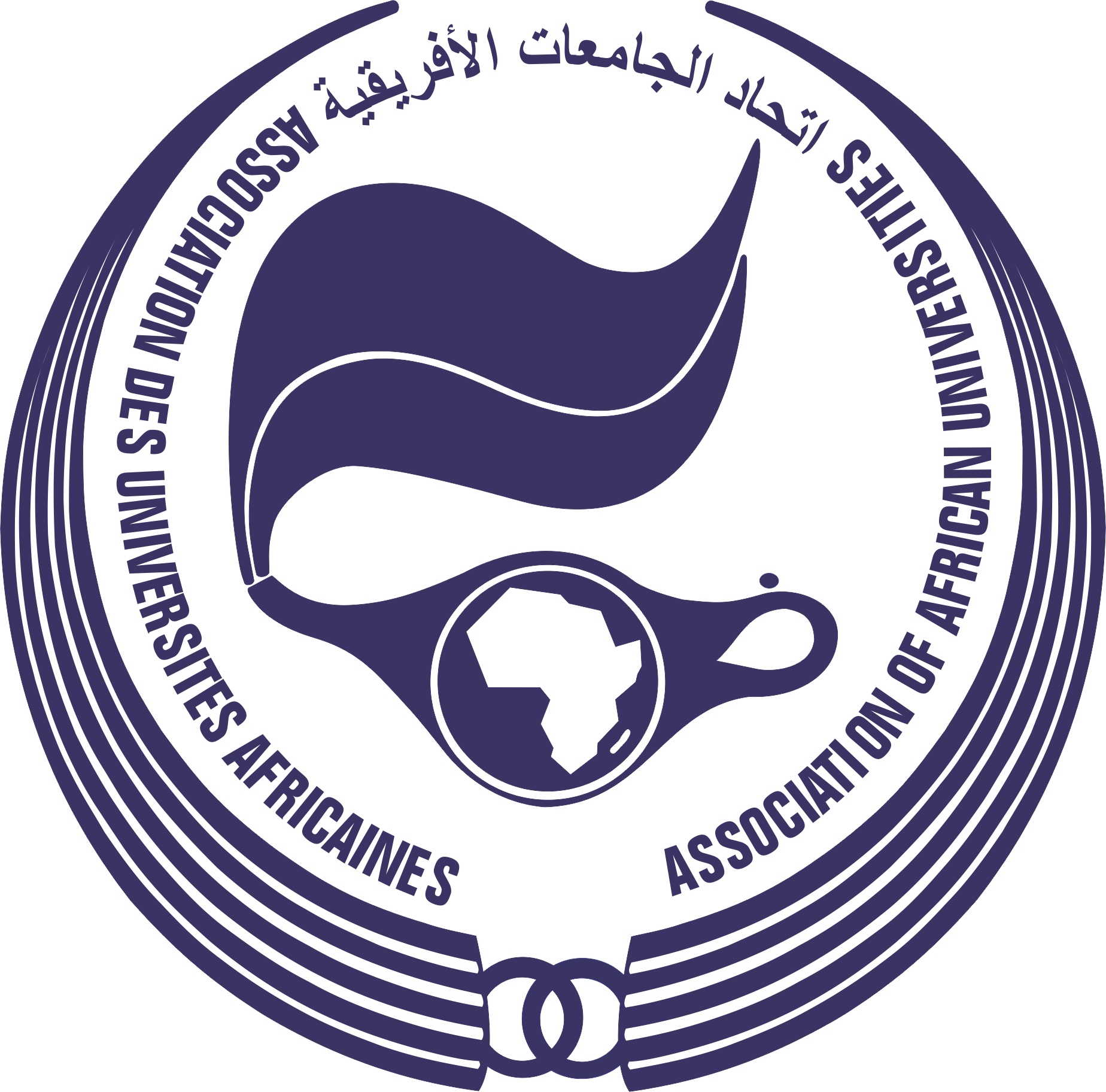The International Fellowships Programme (IFP) of the Ford Foundation was a programme representing the largest single program ever supported by the Foundation. Through the IFP, Ford invested over $350 million within a period of 15 years to provide support for up to three years of formal post-baccalaureate study for Fellows from countries in Africa, Middle East, Asia, Latin America, and Russia, where the Foundation maintains active overseas programmes. The IFP supported approximately 4,000 Fellows within the period.
IFP’s goal was to enable exceptional individuals from many parts of the world who otherwise lacked opportunities for advanced study to pursue post-graduate degree programmes.
FORD INTERNATIONAL FELLOWS, as the recipients of the Fellowships are called, werel expected to become leaders in fields that furthered the Foundation’s goals of strengthening democratic values, reducing poverty and injustice, promoting international cooperation, and advancing human achievement.
IFP’s New York-based secretariat collaborated closely with partner organizations in 22 countries from Ghana, Nigeria, Senegal, South Africa, Mozambique, Kenya, Uganda, Tanzania, Egypt and Palestine.
Others were, Chili, Peru, Mexico, Brazil, Guatemala, Russia, Vietnam, China, India, Philippines, Indonesia, and Thailand. These organizations supervised all recruitment and selection activities, and helped ensure that the program’s goals and implementation were grounded in local realities and reflected local needs.
In West Africa, the AAU coordinated IFP activities in Ghana, Nigeria and Senegal, the participating countries in collaboration with its partners [Pathfinder International, Nigeria and the West African Research Center (WARC) in Senegal.]
Major activities implemented in the project were:
- Coordination of various needs assessment/orientations, institutional testing/ pre academic trainings (PAT) programmes and cohort building/ leadership training programmes.
- Placement of Fellows-Elect in appropriate academic institutions in collaboration with IFP’s Placement Partners: The British Council, Institute of International Education (IIE), NUFFIC plus pre-departure preparations including visa processing and flight arrangements.
- Monitoring of fellows in collaboration with IIE, which consisted of closely following their academic progress, ensuring their stipends and other contract funds were sent on time, timely renewal of contracts as well as their general welfare. Repatriation arrangements and re-entry issues.
- Post Fellowship activities included supporting the fellows after their academic programmes to resettle back at home to pursue their career goals. Ford Foundation recognized the importance of supporting and motivating the fellows to come back to their homelands to promote issues of social justice. In view of this a proposal was under review for funds to support national and regional associations alumni as well as networks that will help them achieve the aims for which they were awarded this fellowship. AAU coordinated Alumni activities in West Africa.
- Outreach/Announcements of the fellowship, Screening/Short-listing, Interviews and Endorsement of candidates for the fellowship.
Over 300 Fellows were selected from the West African sub region and studied in countries such as Britain, Canada, France, Switzerland, South Africa and the United States of America. Of these Fellows 200 have technically completed their studies and about 150 have already returned to the sub region as at September 2008.
